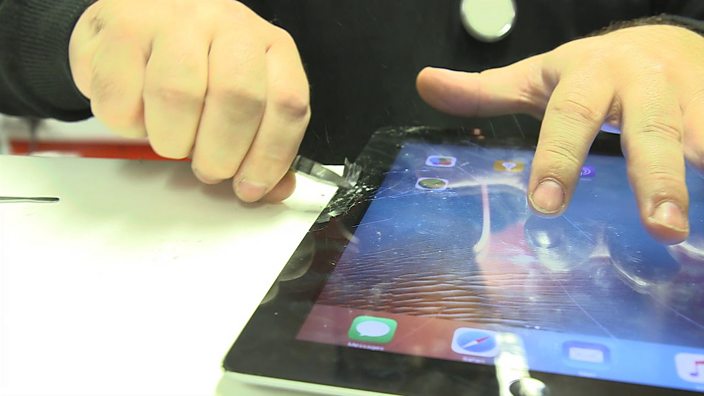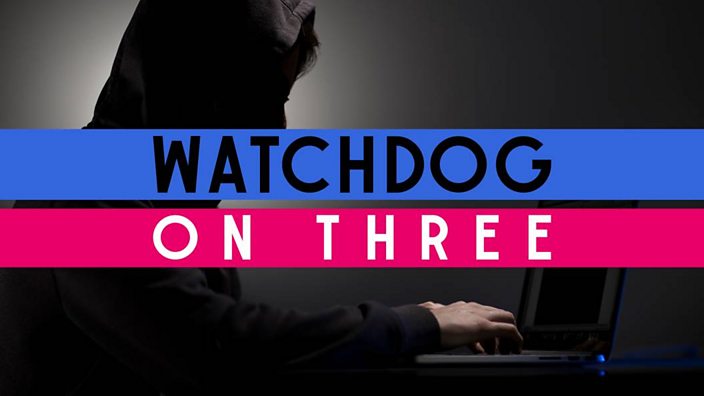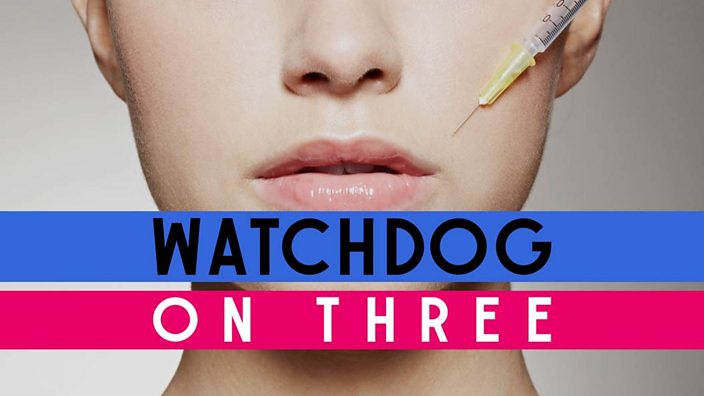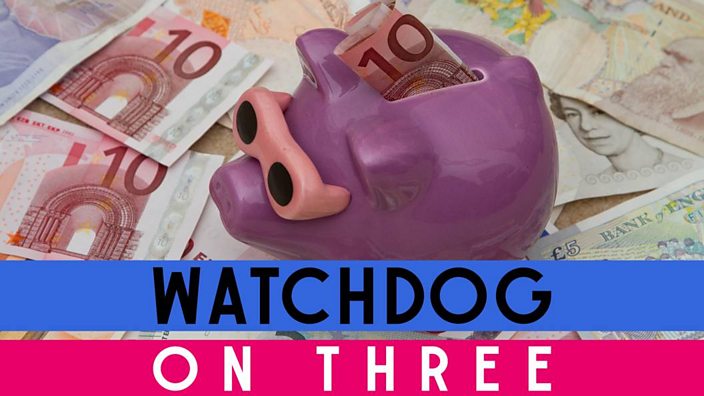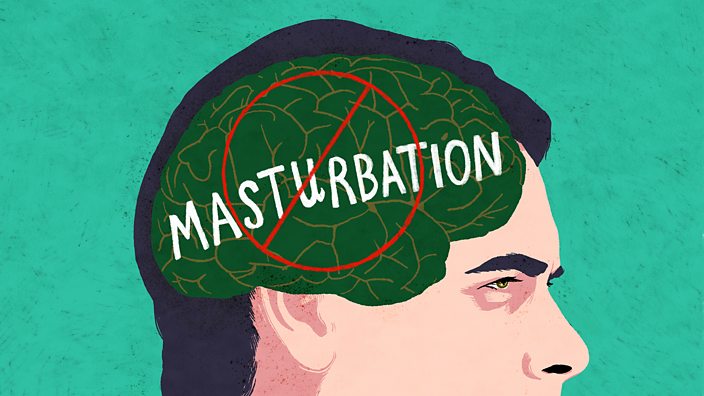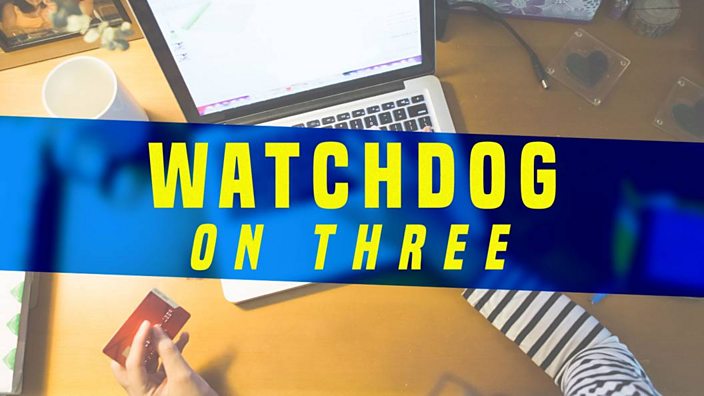 BBC/Getty
BBC/GettyWatchdog on Three: The 'free' trials that are anything but
Ever been tempted to sign up to an online ‘free trial’ of miracle face cream, quick fix diet pills or muscle growth supplements?
Before you do, it’s worth remembering that only rarely is anything on the internet actually free. One way or another, it’s gonna cost you.
Julian Simms from Castleford, West Yorkshire, saw an advert pop up on his phone for a ‘free trial’ for some face cream. He paid £3.95 for postage and packaging and it arrived the next day. But two weeks later he noticed that his bank balance was significantly lower than it should have been. He checked his account and noticed two payments, one of £59 and another of £69, had been debited from his account. Julian says, "When I saw the amounts of money that had been taken from my account I just panicked. I was scared that hundreds of pounds was going to get taken out".
Julian says he found it very difficult to track the company down. When he finally found their contact details he called them and complained. He managed to get one payment refunded and the other stopped, after speaking to his bank. Unbeknown to Julian, he had inadvertently set up a Continuous Payment Authority (CPA).
He tells Watchdog, "I’d never heard of a Continuous Payment Authority before, let alone how to set one up. I should have read through the terms and conditions properly".
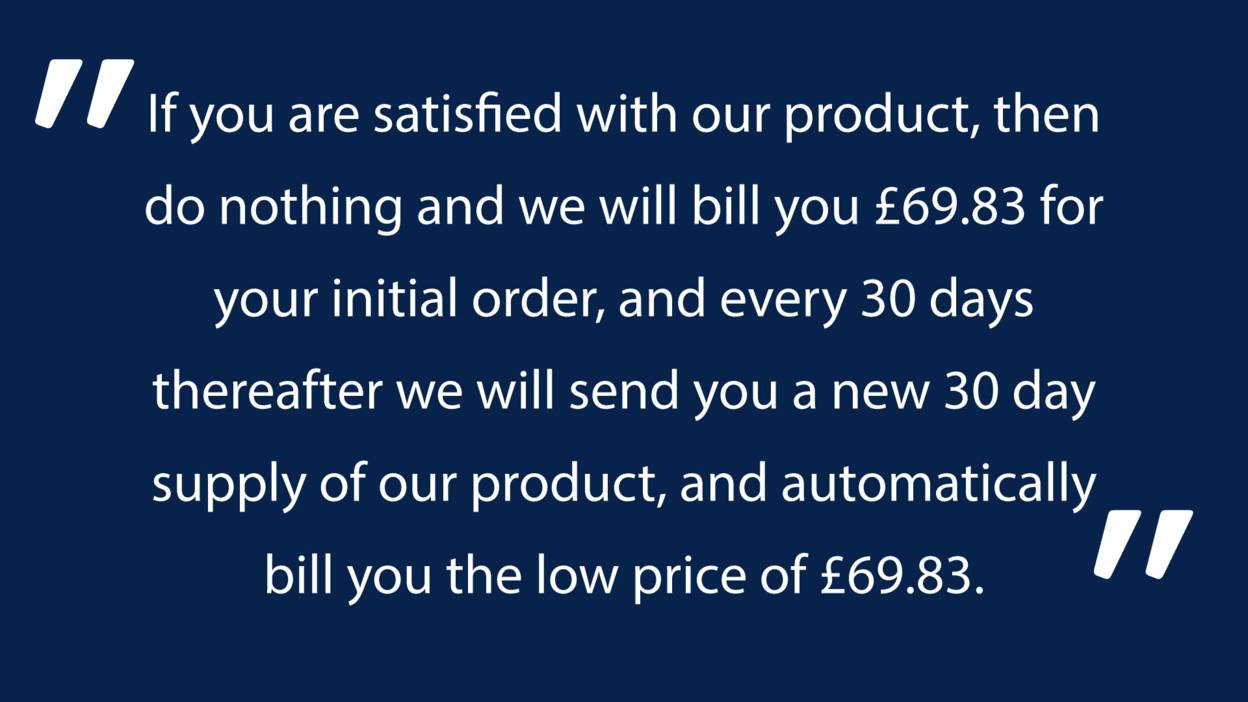 BBC Three
BBC Three
What’s a Continuous Payment Authority when it’s at home?
A CPA, also known as a ‘recurring payment’, is a regular payment linked to your credit or debit card. The company can take payment on whatever day they want for whatever amount they choose. A typical payment is around £80. They can be set up in person, online or over the phone and often there’s no written record of them. They are often used for magazine subscriptions, gym memberships and payday loans.
Watchdog also spoke to Caroline Acheson who fell foul of the same scam, albeit a different product. She ended up nearly £250 out of pocket after seeing an Ad pop up on Facebook for a free trial of health supplements. She says "I fell into a trap and there was nothing I could do about it. That feeling of helplessness was just awful".
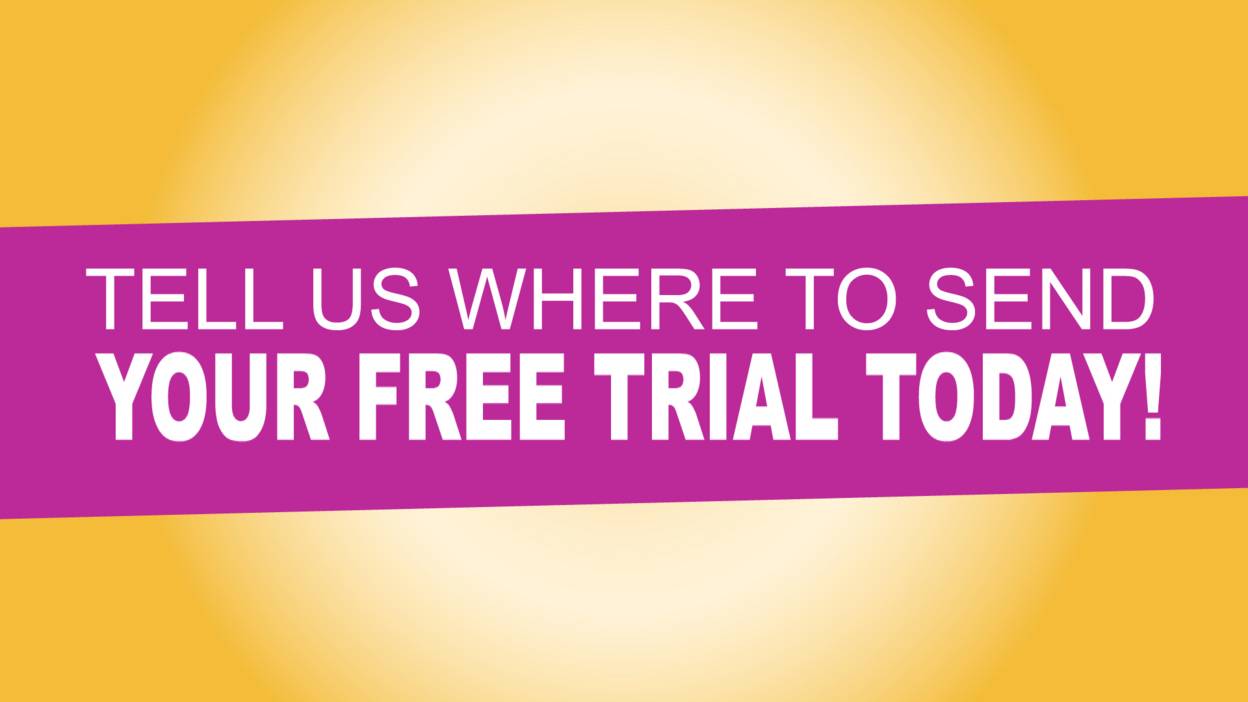 BBC Three
BBC Three
How it works
In order to get the ‘free trial’ you’re asked to fill out your name, address and credit or debit card details to cover the cost of postage and packaging - usually a minimal amount. At this point you may, or may not, be able to read the small print and see what you’re signing up to. But, by handing over your details you unwittingly sign up to a ‘Continuous Payment Authority’.
They don’t need your account number or sort code, just your card details. If you’re someone who doesn’t regularly check your bank statement you could end up hundreds of pounds out of pocket before you realise what’s happened. Last year, 4 out of 5 people who had a problem with an unwanted recurring payment didn’t realise they’d signed up to the payments until money was taken from their account. Cancelling them can be quite tricky as many people struggle to track down the company taking the money and speak to them. During 2015, over two million people had problems cancelling recurring payments.
Citizens Advice Chief Executive Gillian Guy says, ‘“People are trapped into losing hundreds of pounds because they can’t cancel payments. All too often card companies and sellers are standing in the way of people ending recurring payments because they wrongly refuse to cancel. In some cases misleading advertising has meant people didn’t know they had signed up to payments which were buried in the small print”.
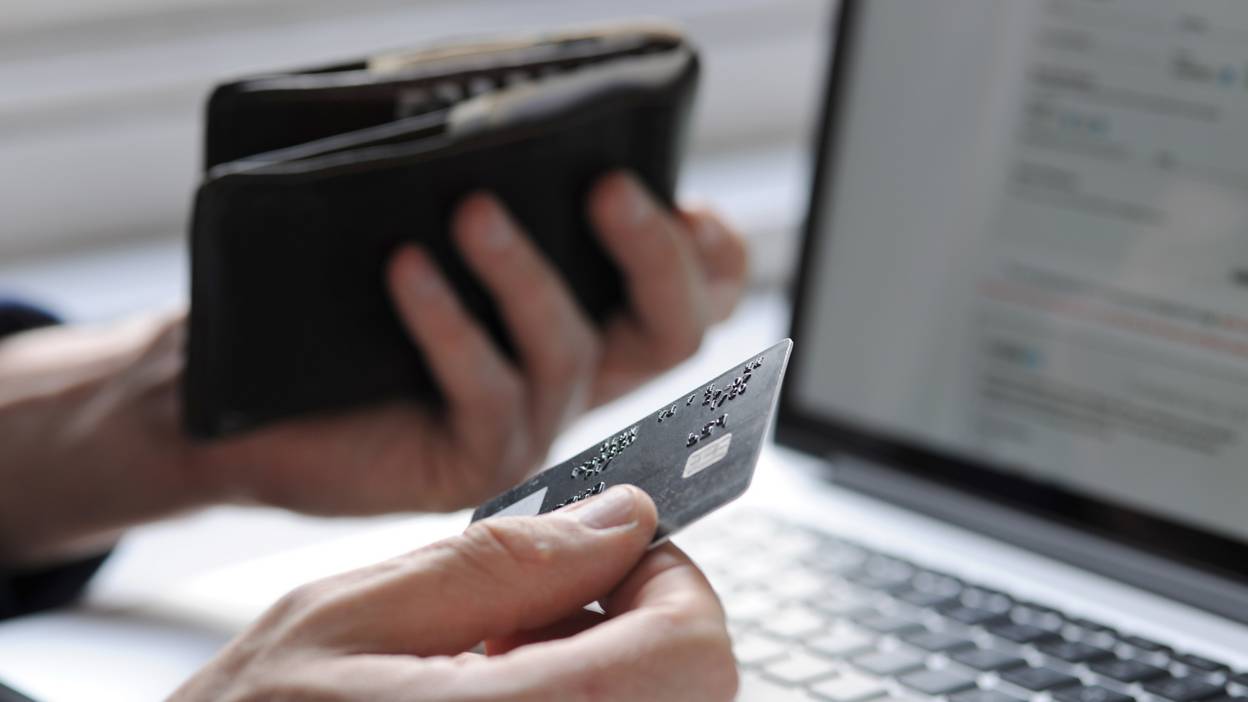 Getty Images
Getty Images
How can I cancel the payment?
You have a legal right to cancel a Continuous Payment Authority. Your first port of call is to contact the company and cancel with them directly. If that doesn’t work, speak to your bank or credit card company. The bank/card provider MUST cancel it. Don’t let them tell you any different. Also, if you are still being charged after you have tried to cancel you have a legal right to get that money refunded to you by the bank or card provider. As a last resort – if you don’t have any joy with your bank – contact the Financial Ombudsman Service, they can usually sort out the problem quite quickly. Click here for more information.
The Financial Ombudsman Service tells Watchdog, "Many consumers don’t realise they have the right to cancel a CPA directly with their bank, and while it is advisable to get in contact with the business that’s debiting them, it’s not necessary if they find they are difficult to deal with. The rules that allow the bank to cancel the payment have been in place since 2009. If someone finds their bank won’t cancel the CPA they can get in touch with the Financial Ombudsman Service".
Top tips to avoid getting caught out
- Before signing up to a trial read the small print VERY carefully, it could save you a lot of agro in the long run
- If there are no terms and conditions – walk away
- Check your bank statement regularly to spot any unexpected charges
- Remember - almost nothing is free on the internet
This article was first published on Wednesday 21 September 2016
